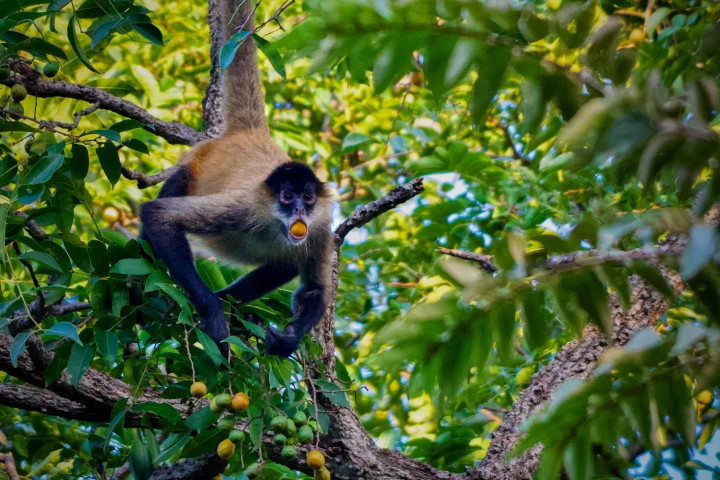University of Exeter
-
You won't find us endorsing aggression towards animals very often, however, scientists have discovered that raising your voice to seagulls – especially if you're male – will make them think twice about stealing your food. It's simply science.
-
Scientists have found that bacteria on your tongue play a critical role in how nitrate-rich beets impact vascular health. However, that impact is not across the board, revealing a previously unknown link between aging, the oral microbiome and health.
-
Despite observations of "wasps getting drunk" and "beetles consuming beer," it has been thought that alcohol in the non-human animal world hasn't been deliberate. Ecologists challenge this theory, saying it's far more commonplace and strategic.
-
A type 1 diabetic dad is 1.8 times more likely to pass the condition on to his kids than a type 1 diabetic mom, who, research suggests, confers long-term protection against it. The findings open the door to developing new ways of preventing type 1 diabetes.
-
This serene gap between Pyrenees mountains becomes abuzz with flying insects each year, as they journey across Europe. We may not always like to live with them, but we can't live without them – so paths like this are critical for all life on Earth.
-
While aging remains an unavoidable part of life, we're edging closer to therapies that could greatly improve the experience. The latest development suggests that as well as healthy aging, it can stave off neurodegenerative diseases such as Alzheimer's.
-
The matriarchal structure of the killer whale society is well known, with females living up to 90 years and playing a crucial role in passing on knowledge to the youngsters. Now, it seems the elders also help keep the trouble-making boys out of fights.
-
UK researchers have, for the first time, identified a genetic pathway in the brain that plays a key role in controlling anxiety, opening the door to the development of more effective treatments in the future.
-
It's a sad fact that threatened species of sharks are routinely caught on fishing lines intended for other types of fish. A new device could help change that, by harmlessly scaring sharks away from baited hooks via pulses of electricity.
-
A comprehensive genetic analysis has found that one in 500 men have an extra sex chromosome, with most unaware. That’s much higher than previously thought, and it seems to increase their risk of diseases like diabetes and cardiovascular problems.
-
In an effort to keep the world's coral reefs from disappearing forever, a number of reef restoration projects are currently underway … but how can scientists tell if any one of those projects is working? The answer may lie in listening to the reefs.
-
A first-of-its-kind clinical trial has shown that ketamine infusions, combined with psychotherapy, is more effective in helping people suffering from severe alcoholism avoid relapse than any other current treatment.
Load More











